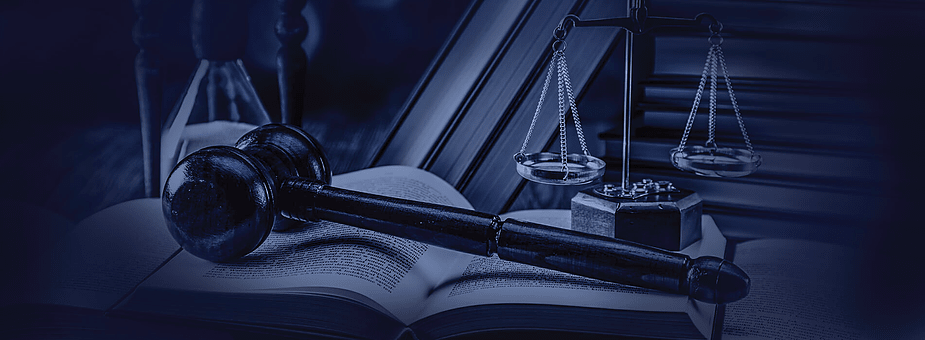FREE CONSULTATIONS
California Background Check Laws

Many employers in California utilize a background check as part of their hiring process or for use in other personnel decisions. However, employers are not free to use this information however they see fit or to perform any type of consumer reporting process for an applicant or employee without their consent. If you suspect that a potential or current employer has wrongfully used this information, you may have a claim for compensation. To learn more about your legal options, talk to an experienced employment law attorney in your area today.
The Fair Credit Reporting Act
The primary law that dictates how an employer is allowed to use a background check is the Fair Credit Reporting Act (FCRA). The first stipulation in the FCRA is that an employer who wishes to utilize a consumer report in their personnel decisions must make that clear, in writing, to any applicant or employee that this type of procedure will occur. This disclosure must be a standalone item that cannot be combined or hidden within other documentation.
Another stipulation of the FCRA relates to the use of a background check in any adverse employment actions. An adverse employment action refers to any negative actions taken against an applicant or employee, which can include the following:
- Refusal to hire,
- Demotion,
- Discipline,
- Transfer to a less desirable shift/location,
- Suspension,
- Poor performance review, or
- Termination.
An employer must provide an employee with a notice of the potential adverse action that provides an opportunity for the employee to discuss the matter with their employer before the adverse action is taken. The employee must also be provided with a copy of the background check so they know what information is being used in the decision against them.
Ban the Box Laws
California also has “ban the box” laws that require employers with five or more employees to follow certain procedures when requesting or using any information about a prior criminal history in their hiring or personnel decisions. This includes waiting until a conditional offer of employment has been made before making a request about any criminal history, conduct an individualized assessment about whether any criminal history would have a direct and adverse effect in regards to the specific duties of their job, notify any applicant of an adverse employment action based on their criminal history and provide a deadline for the applicant to provide any follow-up information to address the issue, and notifying the applicant of a final determination of the adverse action along with their rights to seek redress with the state’s Department of Fair Employment and Housing.
In addition, employers are not allowed to use certain types of criminal records as part of the background check process. Records that are off limits include the following:
- Diversions and deferrals,
- Juvenile records,
- Misdemeanor convictions of marijuana possession older than two years, and
- Arrests that did not lead to a conviction.
Talk to a Lawyer Today
Do you have more questions about how an employer can use a background check in California? If so, talk to a qualified employment law attorney in your area today to schedule a case consultation.

